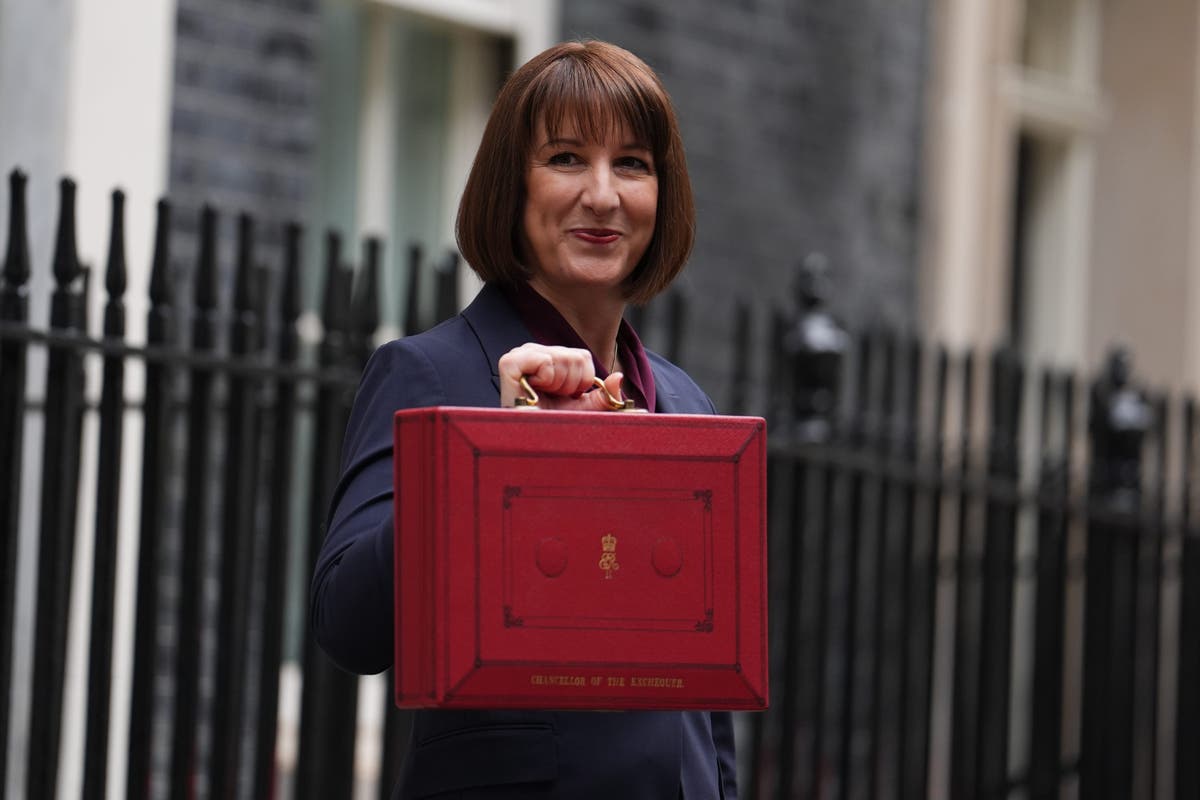UK businesses employing staff on minimum wage will see their costs jump by £2,367 per worker in 2025 due to pay increases and tax hikes announced in Rachel Reeves’ Budget, new analysis suggests.
With the overall tax burden set to hit a new record high, the chancellor’s decision to increase the rate of national insurance paid by employers – and lower the threshold at which it is paid – will make it more expensive to employ lower-paid workers, according to a think-tank.
Defending the largest tax-raising measure in its first Budget, the new Labour government said the changes would raise an additional £23bn for the Treasury in 2025, which would help to fund the NHS and contributory benefits such as the state pension.
But the move has angered some businesses, with some of the country’s biggest retailers warning that job losses are unavoidable as a result of the tax increases.
New analysis by the Centre for Policy Studies now suggests that it will cost an average of £24,806 to employ someone over 21 earning the minimum wage, which amounts to £2,367 more per person than in 2024.
That will partly be driven by the hourly national minimum wage rising from £11.44 to £12.21 from April – amounting to a £1,400 annual pay rise for a full-time worker on the national living wage.
But it will also come from the rate of employer national insurance increasing from 13.8 per cent to 15 per cent next year, with payments starting when an employee earns £5,000, down from the current £9,100.
A total of 3.5 million minimum wage workers were handed a pay boost in the Budget, with Ms Reeves also raising the minimum wage for 18- to 20-year-olds by £1.40 as part of a plan to end the disparity between younger and older adult workers.
open image in galleryHMRC expects to raise some £23bn from the national insurance changes (PA Archive)
But in the wake of the Budget, retailers including Tesco, Sainsbury’s, Boots and Next signed an open letter to Ms Reeves warning that they will have to raise prices and cut jobs as a result of the higher tax burden.
However, many smaller firms will not pay any national insurance at all this year due to the employment allowance rising from £5,000 to £10,500, which makes some businesses exempt from the tax.
The new Centre for Policy Studies analysis showed that, for the average full-time minimum wage worker, 21.3 per cent of the total labour cost will be spent on taxes this year.
The think-tank – which was co-founded by the late Conservative prime minister Margaret Thatcher in 1974 – said this will be 3.8 percentage points higher than in 2024, and the highest proportion on record.
This incorporates national insurance for employers and employees, as well as income tax.
open image in galleryChancellor of the Exchequer Rachel Reeves poses outside 11 Downing Street (Lucy North/PA)
“The more of an employee’s salary is owed in tax – whether paid by the employee or directly by the employer – the more costly it is for businesses to create and sustain jobs,” said Daniel Herring, tax and fiscal researcher for the CPS.
“By making it more expensive to employ people, the hikes in employer’s national insurance disproportionately affect the lowest paid or those who are looking to move back into work after being economically inactive.”
After rising to a near-record high under the Conservatives, the overall tax burden is now set to reach new highs.
The Office for Budget Responsibility now projects taxes as a share of GDP to climb to 37.4 per cent in the 2025-2026 financial year – surpassing the previous record of 37.2 per cent in 1948, and up from another near-record high of 36.4 in 2022-2023.
Upon entering office, the new Labour government claimed to have been left with a £22bn “black hole” in the public finances, after pledging during the election campaign not to raise taxes on “working people”.
Additional reporting by PA
